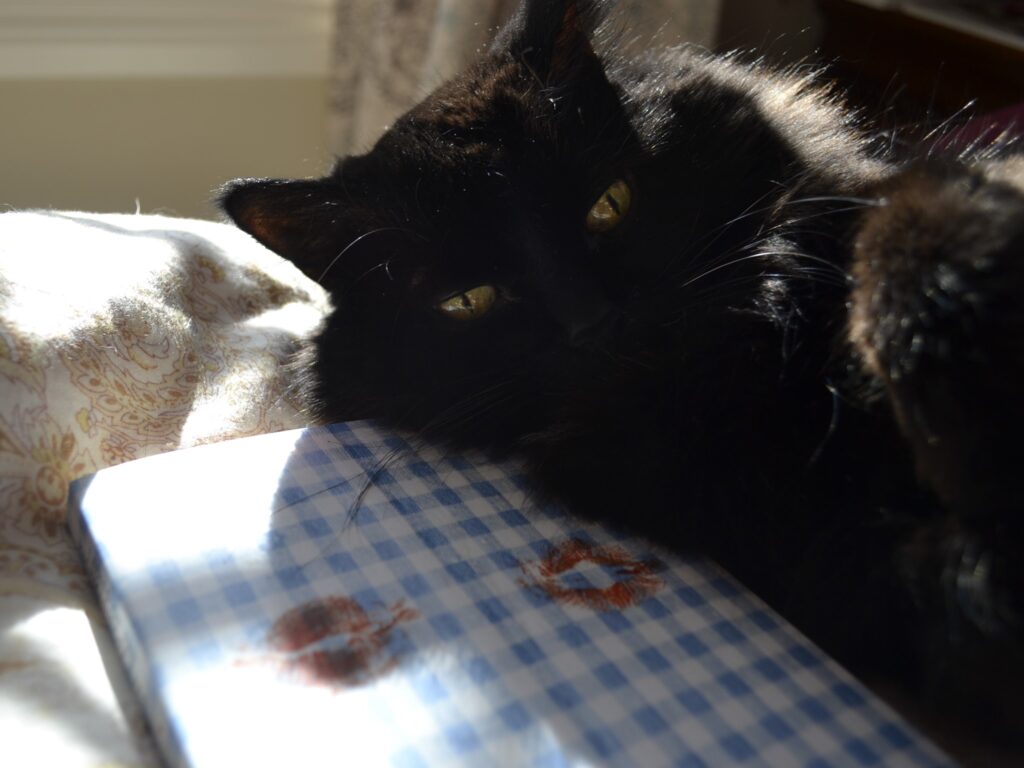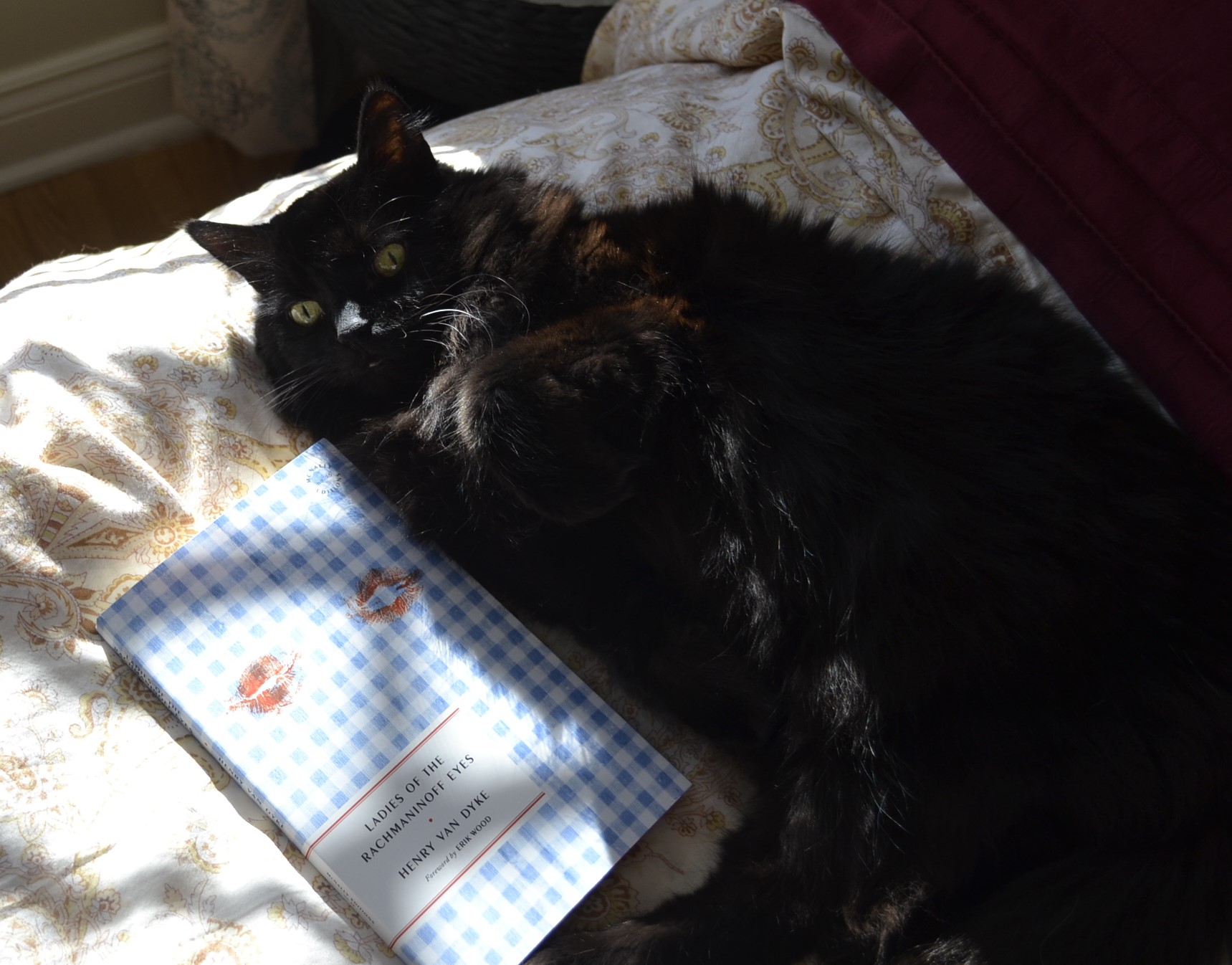When Meetings Collide with Groceries
Today we made a schedule complete with one meeting and some groceries. Wow, that seemed easy until it actually came to the meeting and the groceries. Do you ever have one of those days when you are just not in the right mood for anything? I was having one of those days. Though nothing bad happened — the meeting was quite productive, and groceries actually took us under an hour — it felt like I just couldn’t get myself to concentrate on anything after we got home.
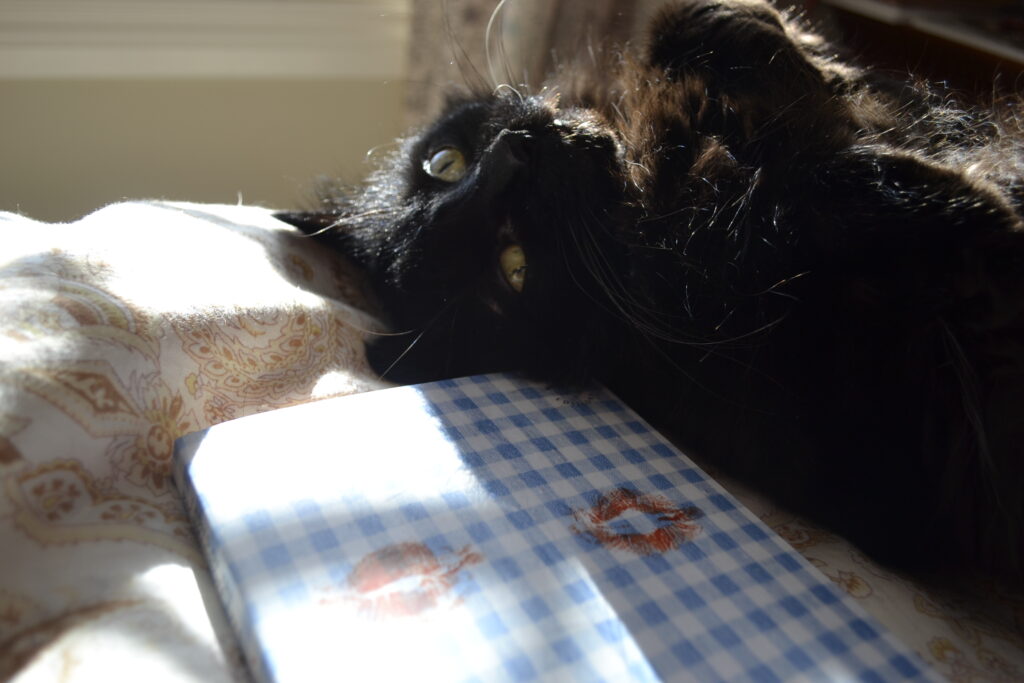
When plans don’t adhere exactly to my mental map of them, sometimes that happens. I struggle a bit with remaining flexible and able to adapt in the moment. I’m better with it now than I used to be, but when I’m tired its like my progress claws back. Mindfulness meditation has really helped me in those moments. I just kind of take a breath and focus on something else for a moment and that dulls my knee-jerk reaction of just shutting down.
It also helps to just not try to force my brain to do something it doesn’t want to do. If I can’t focus on reading, it’s okay to exercise or do some cleaning or draw for awhile in stead.
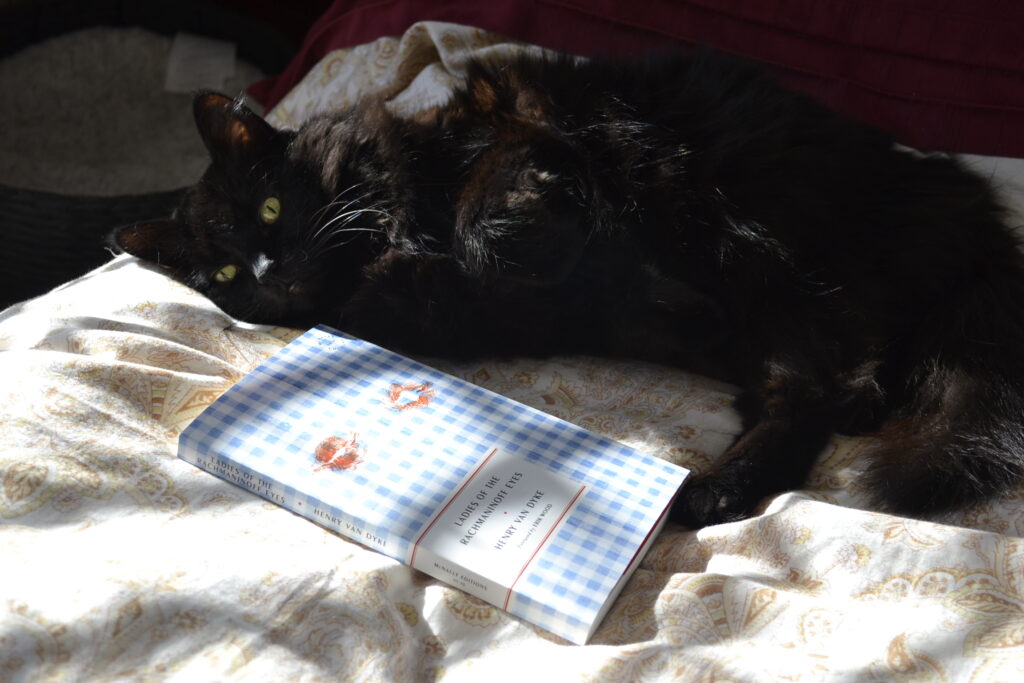
A Statement About Racism
Ladies of the Rachmaninoff Eyes is a delightfully compact novel by Henry Van Dyke. The protagonist, Oliver, is a young, queer, Black man living with his Aunt Harry who is the housekeeper/maid/friend of Etta Klein, a very wealthy white woman. Aunt Harry and Mrs Klein have a relationship that is less employer and employee and is more very close friendship, however, when push comes to shove, Mrs Klein shows that she is definitely privileged and definitely racist. Her deep-seated beliefs of superiority sit behind many layers, but they are still there — no matter how generous or loyal she appears on the surface.
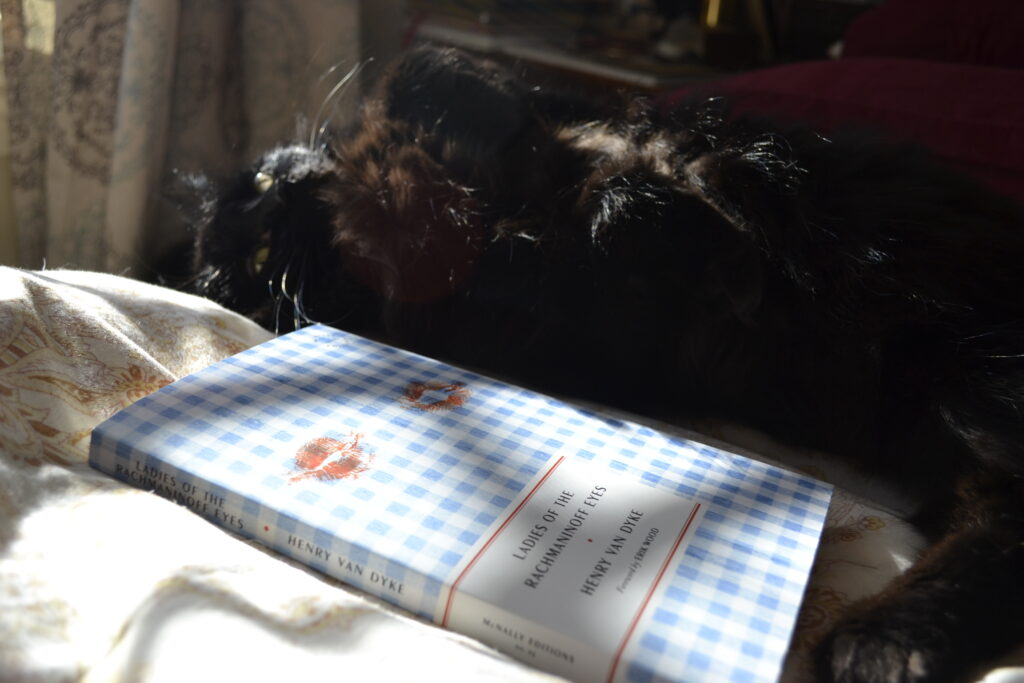
Oliver, meanwhile, is undergoing his own struggle with racism and systemic prejudice. Because he grew up in the Klein house and with Mrs Klein serving as his benefactor, he is constantly accused of not being ‘Black enough’ by the other Black characters. He is also treated as inferior because of his race by all of the white characters. Oliver himself feels confused and uncertain. Like there is no one that understands him and no one he fits in with other than his aunt.
Van Dyke seeks to explore racism as it exists in obvious, vocally expressed prejudice but also how it can be insidiously lurking below the surface of even some acts of seeming kindness. This writer excels at character study and exploration of human relationships, which definitely keeps you turning pages at an astounding rate.
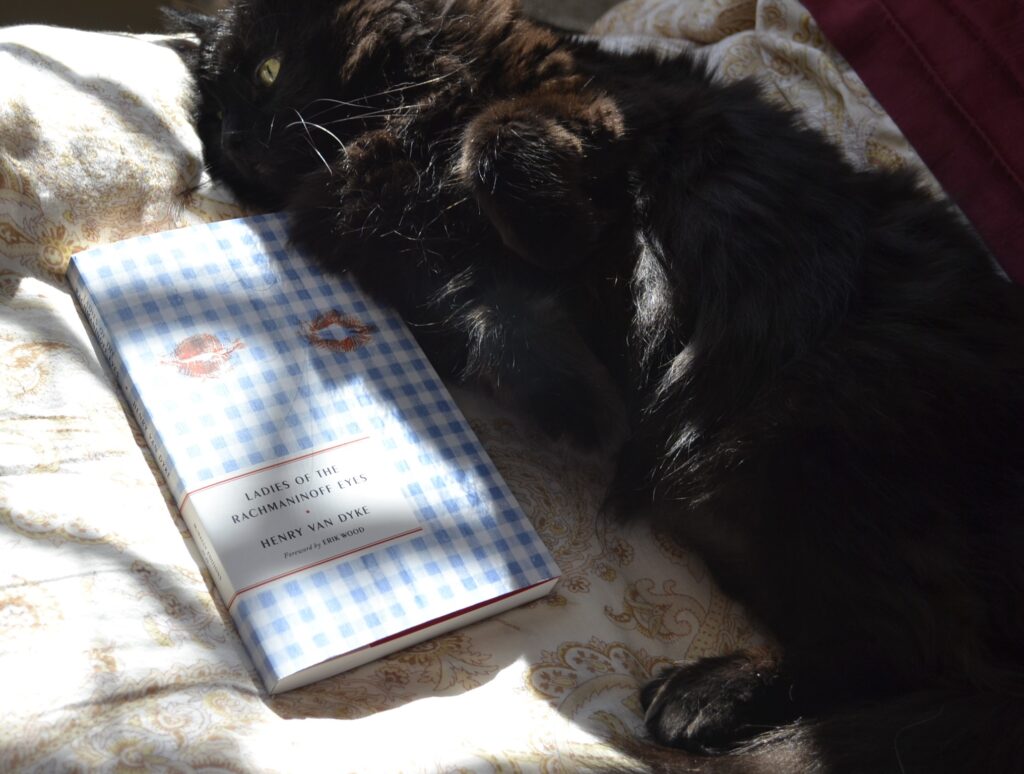
A Statement About Classism
Through the contrast between Oliver, Aunt Harry, and the cook Della Mae and the Klein family, Van Dyke provides us with a complex statement about class conflict and privilege. Oliver has much in common with Mrs Klein’s dead son, to the extent that he’s accused of being her replacement of that son. Yet he is not. Aunt Harry and Oliver live well based on the whim of Mrs Klein, who needs care. He is going to college and has received an education because of Mrs Klein as well and is constantly reminded that he comes from poverty.
The Kleins think themselves above their hired help and, though Mrs Klein is dependent on Aunt Harry, it is still very clear that they are from different classes and that these class lines are not to be crossed in any meaningful way. It forms a gulf in relationships that could be good but are irrevocably flawed.
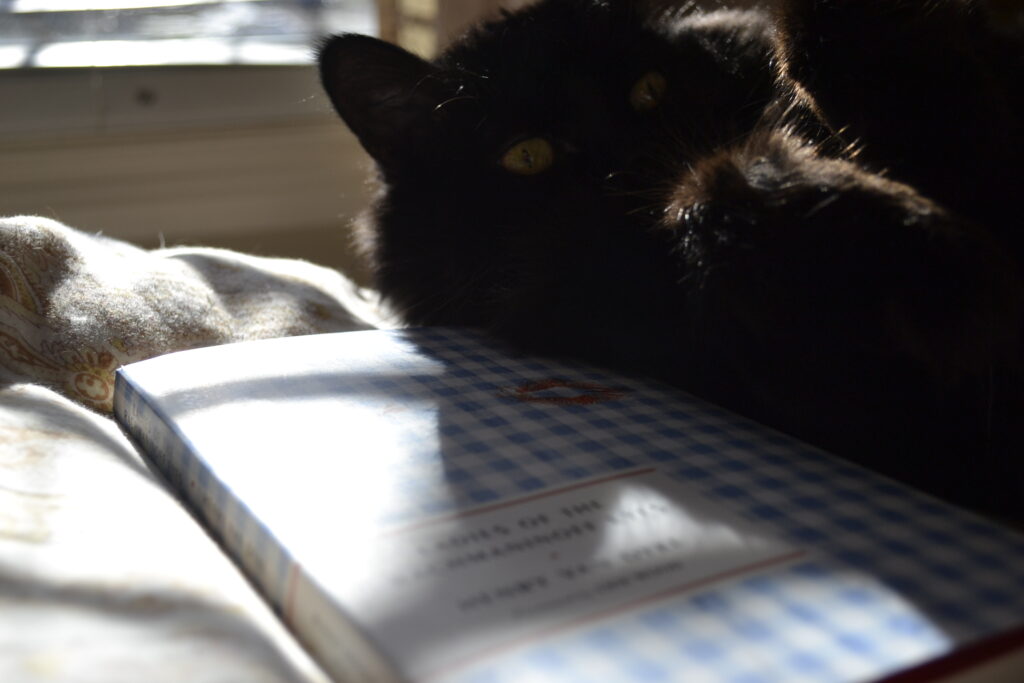
Queer Representation
Oliver is not only struggling with racism and the pressure on him to be ‘more Black’ or ‘more white’. He’s also struggling with his sexuality. The cook is constantly harassing him. At one point, she even attempts to sexually assault him. He can not get through to her that he is not interested in her and doesn’t want to be touched by her. She insists that he must be interested in women and it is unnatural for him to spurn her advances. It is only after he reads about Mrs Klein’s dead son’s struggles that he realizes that they mirror his own.
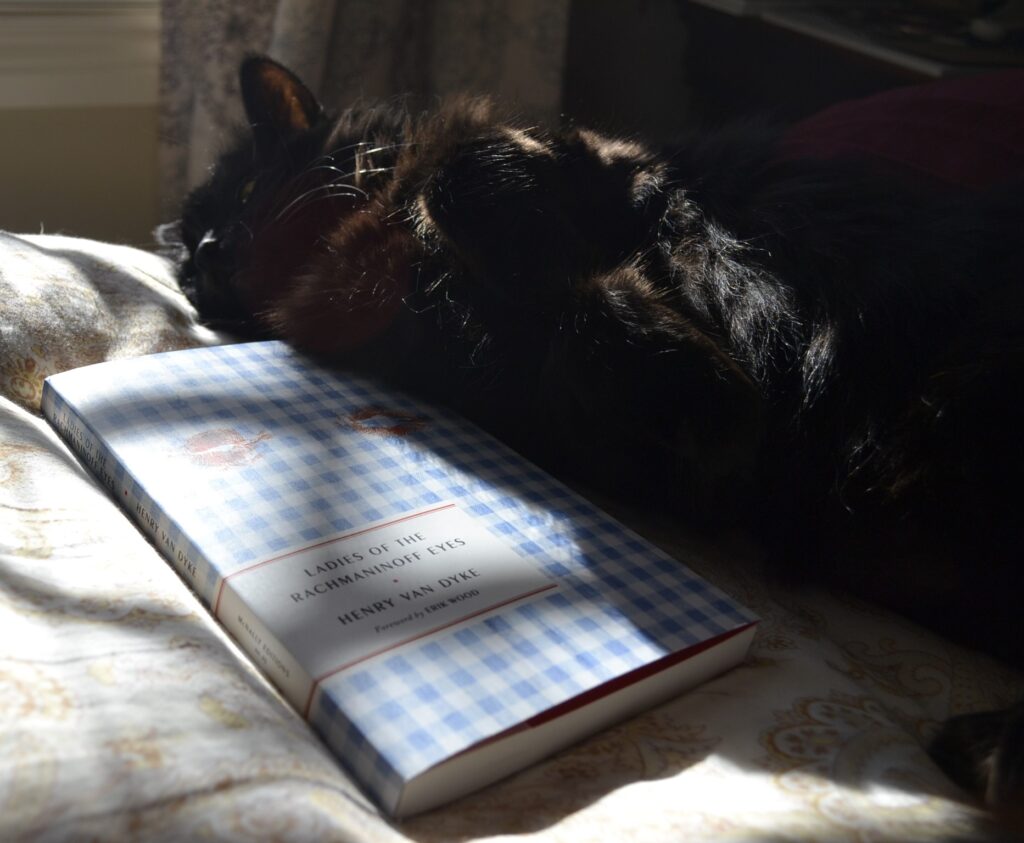
The struggle is not explicit. It is not a loud part of the book. But it is in the subtleties that Van Dyke excels. He is writing a boy on the last cusp of adolescence. Unsure of who he is and where he is going. What he leaving behind and what or who he is heading towards. It’s a journey that is more about navigating alienation and the pressure of friends and family than it is an explicit coming-out experience, capturing the essence of the moment before an individual discovers and becomes comfortable with who they are.
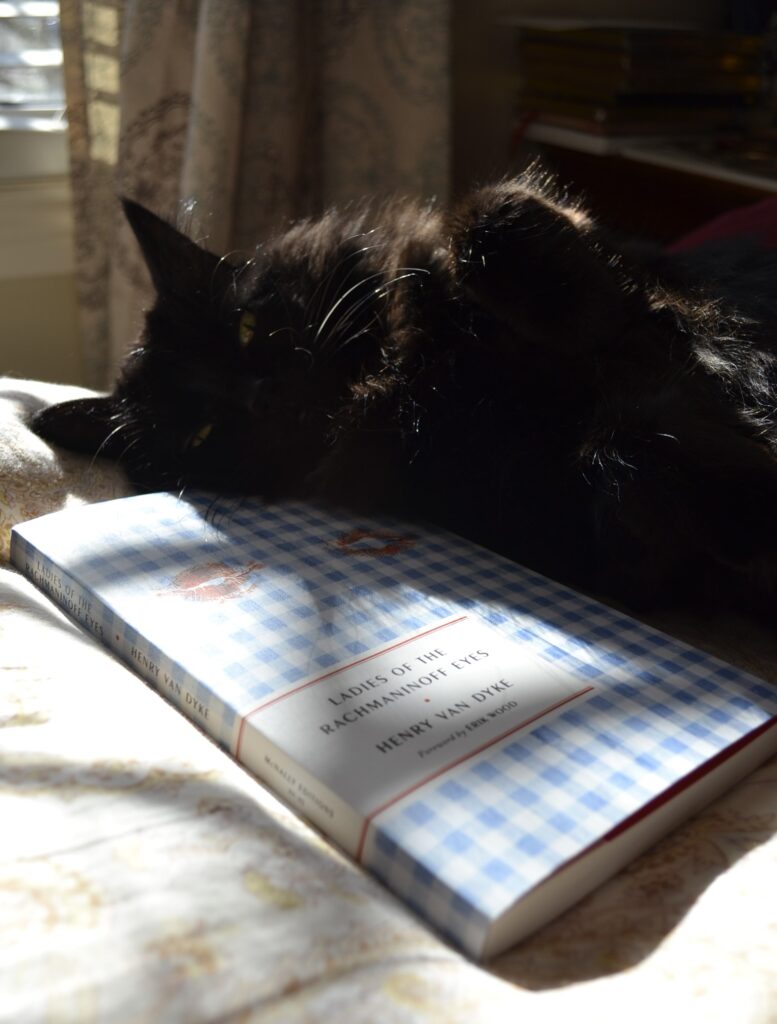
Onward to March!
I can’t believe it, but this is the last post in February. I know the month is short, but every year I try to prepare for that, and every year I utterly fail.
Next month I’ll be featuring female authors for Women’s History Month, starting with Mavis Gallant. I’m looking forward to it!
